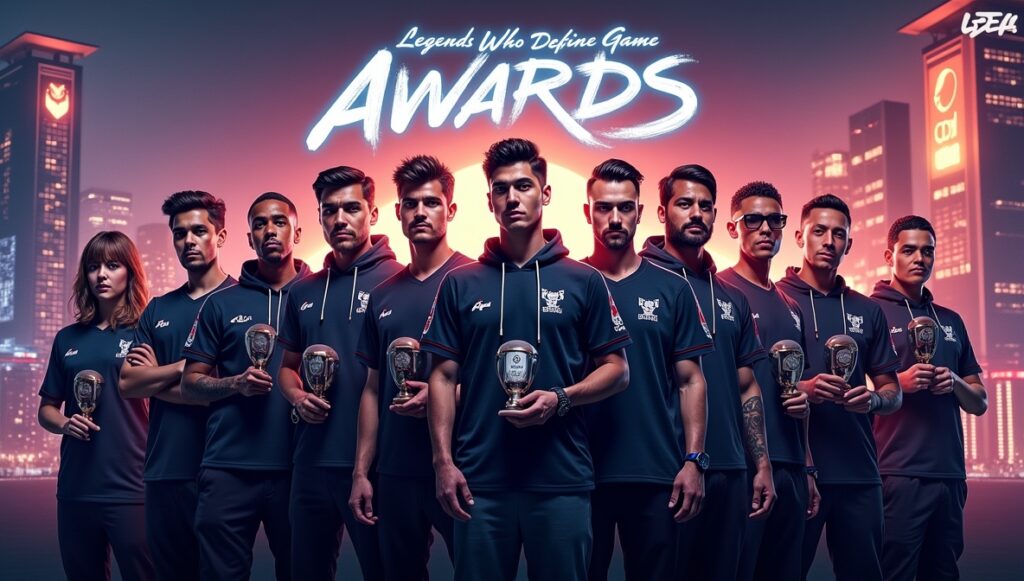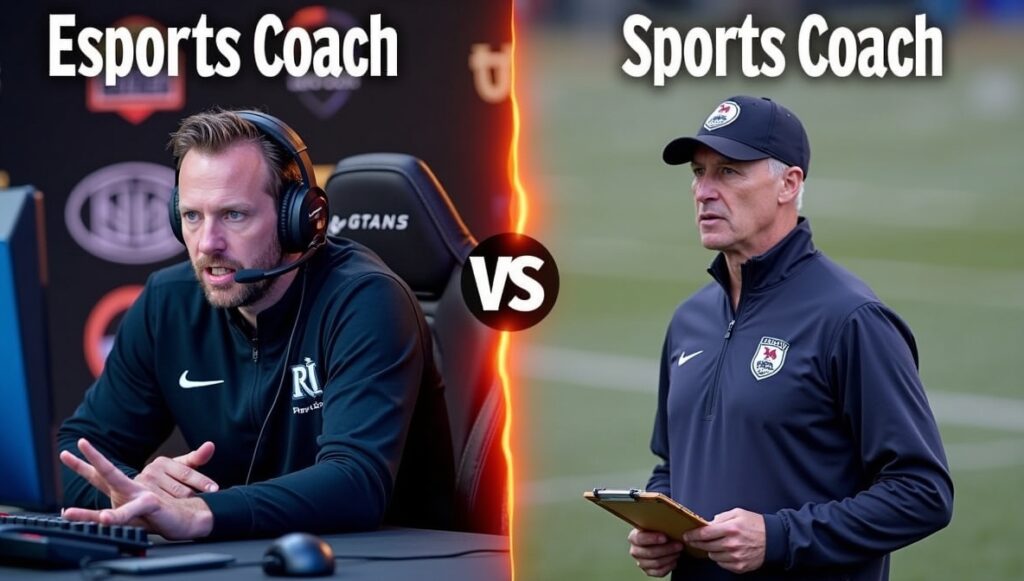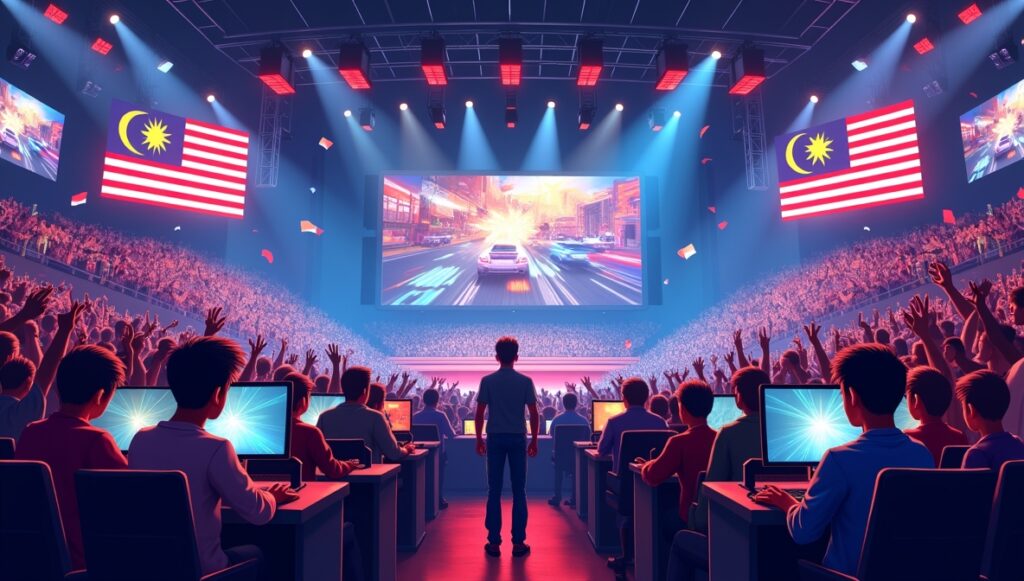In the battle to determine which country reigns supreme in the ever-expanding world of eSports, the stakes have never been higher. Nations across the globe are turning their attention to competitive gaming, pushing boundaries, investing in talent, and fostering passionate communities. With billions of dollars in prize money, colossal viewership numbers, and fanbases the size of small countries, esports is quickly becoming a battleground where nations fight for digital dominance.
But how do we decide which country is the best? Should we look at the number of tournaments won, the star players produced, or the industry’s growth within each nation? Stick with us as we break down the esports country rankings and explore which nations truly stand at the forefront of this digital revolution.
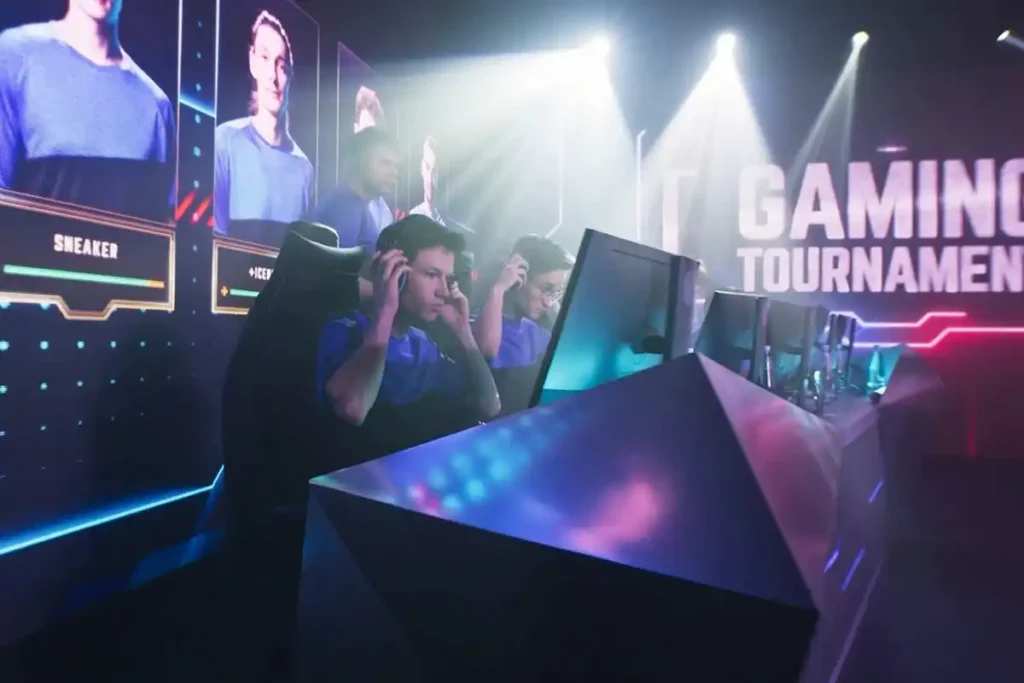
Esports Country Ranking: How the Global Esports Rankings Are Determined
Many factors go into determining where a country stands in the global esports hierarchy. It’s not as simple as just counting trophies or watching highlight reels—there’s a lot more at play. Let us guide you through the key criteria that shape these rankings.
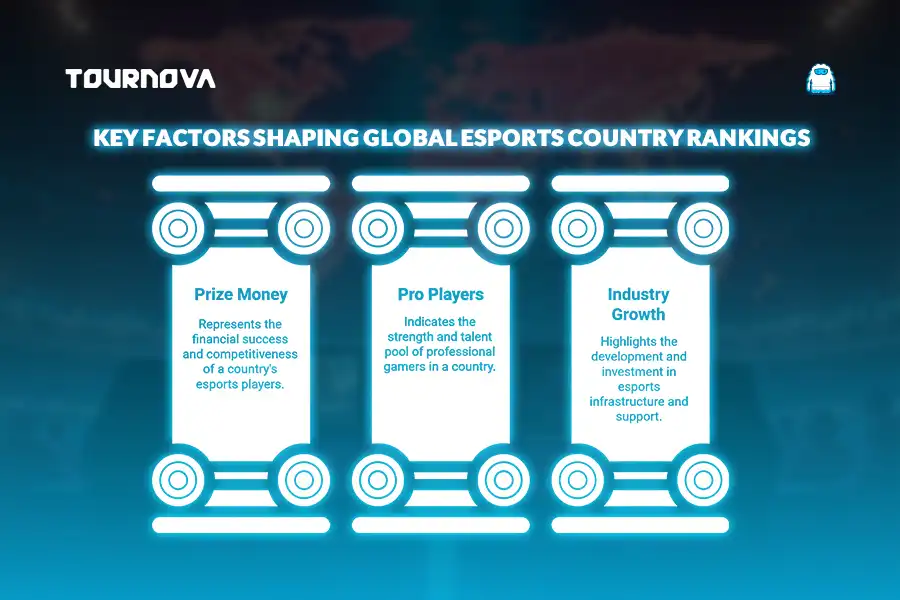
Prize Money Won
One of the clearest indicators of a country’s success in esports is the total amount of prize money their players and teams have earned. From Dota 2’s mind-blowing The International payouts to Fortnite’s monumental cash prizes, earnings offer a glimpse of just how competitive a country’s players are on the global stage. For example, countries like South Korea and the United States frequently top this list, with players taking home millions of dollars annually.
Number of Active Pro Players
The sheer number of registered professional gamers is another defining factor. Countries with high counts tend to have robust gaming communities and steady pipelines to produce new talent. Think of Sweden’s thriving CS2 scene or China’s enormous League of Legends player base—these numbers add weight to their respective places in the rankings.
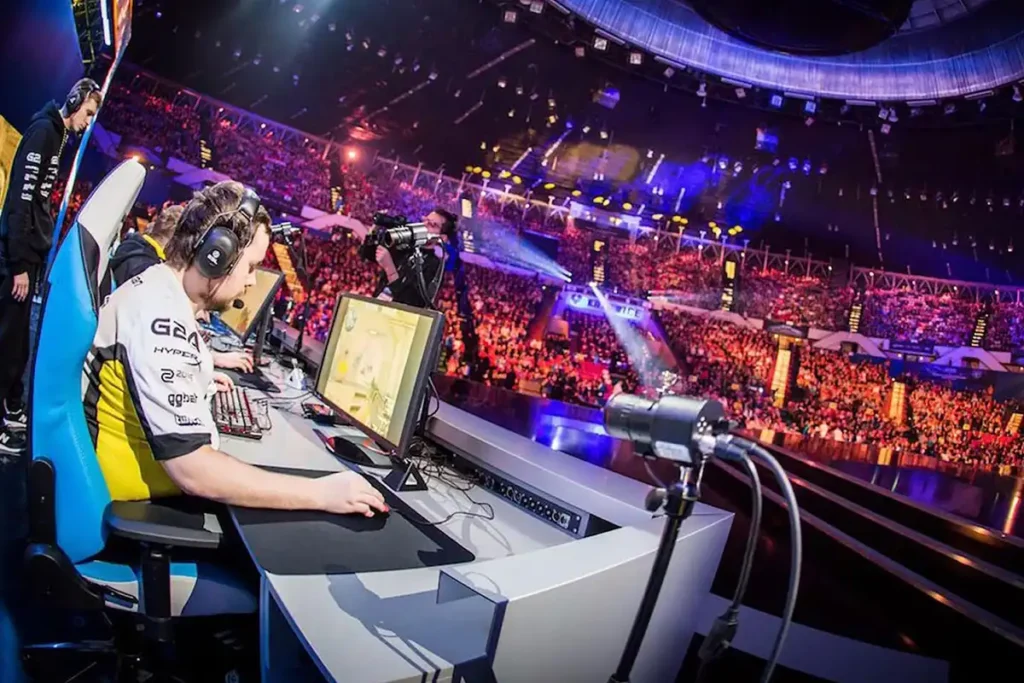
Team success, a key factor in esports country ranking, requires proper collaboration between professional players to excel in the industry. The achievement of championships alongside league performance represents the primary element that decides rankings. League of Legends features South Korean teams as perennial champions, yet American and European teams compete for top positions in Overwatch, Call of Duty, and Halo.
Industry Growth
The following information reveals a futuristic perspective. Nations possessing robust infrastructure for esports tend to find top positions in rankings because they demonstrate strong sponsorship presence and built gaming arenas along with state support. A nation with emerging esports industry growth potential should not be overlooked as they may emerge as leaders in the future. Brazil, along with Southeast Asian countries, maintains fast progress in their gaming business due to substantial investments in gaming sectors alongside enthusiastic local fan bases.
These are the top ten national esports rankings based on country performance
South Korea
With strong infrastructure, government support, and a dedicated gaming culture, South Korea has set global standards in competitive gaming and player development.
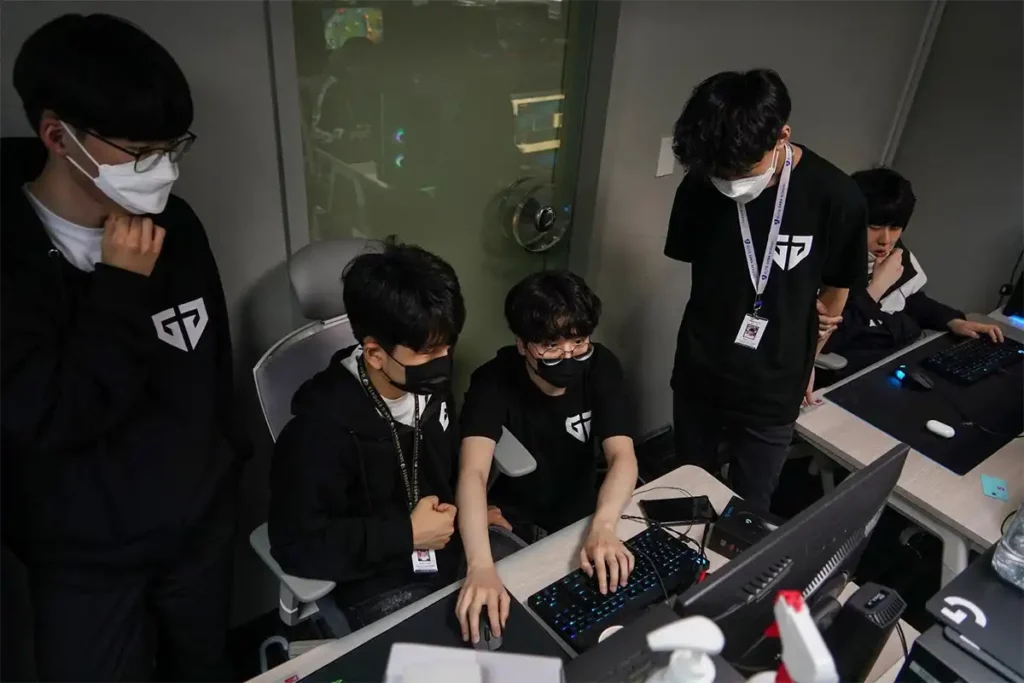
When considering the esports country ranking, competitive gaming has South Korea to thank for its development from its introduction to the present day. The country possesses two famous distinctions in esports: the legendary StarCraft champion BoxeR is Korean, plus they have stood tall with T1 teams in League of Legends. Gaming as a career receives full cultural approval in South Korea, while disciplined training and strategic gameplay from their players has solidified their position as esports trailblazers.
United States
With major teams, sponsors, and a booming industry, the U.S. plays a key role in shaping the global esports landscape across multiple games.
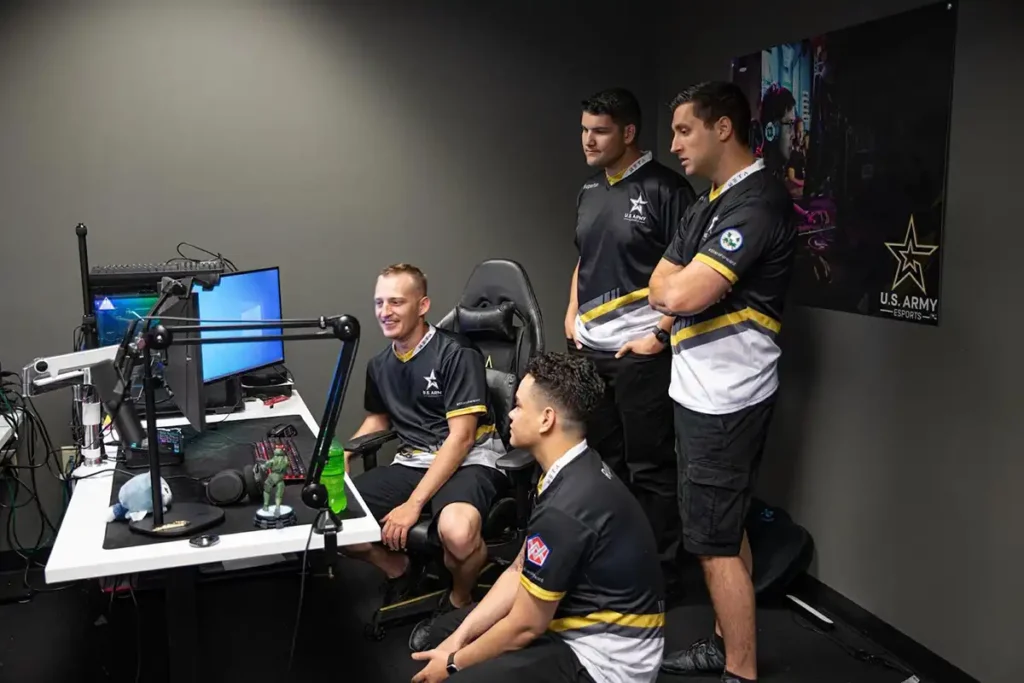
The USA may not have South Korea’s long history in esports, but it makes up for that with sheer diversity and market size. American teams impress in games like Call of Duty, Fortnite, and Valorant, while star players such as Bugha (Fortnite World Cup champion) have raked in millions in prize money. The esports infrastructure in the US is also unmatched, with massive investments flooding the industry.
China
With government backing, massive fan engagement, and strong infrastructure, China consistently produces world-class esports talent and champions.
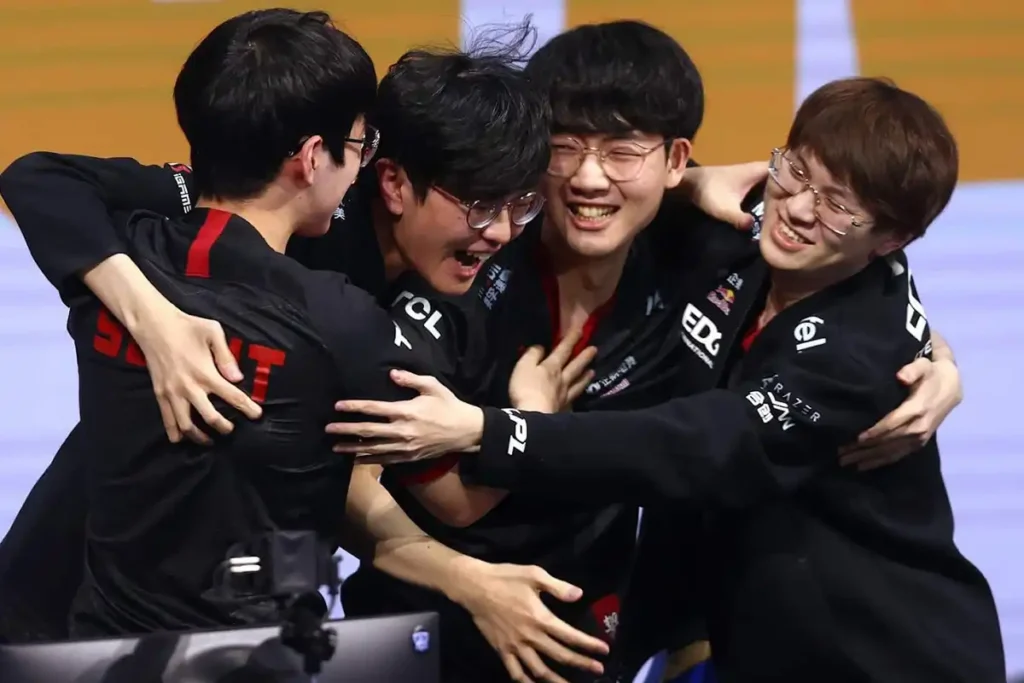
China stepped into the spotlight with its League of Legends championship wins and a massive esports fanbase. With iconic players like Uzi and dominant organizations such as EDward Gaming, China’s competitive edge is undeniable. The country is also a powerhouse in Dota 2, consistently performing well at The International.
Sweden
With strong grassroots support and major tournaments like DreamHack, Sweden has played a crucial role in shaping competitive gaming worldwide.
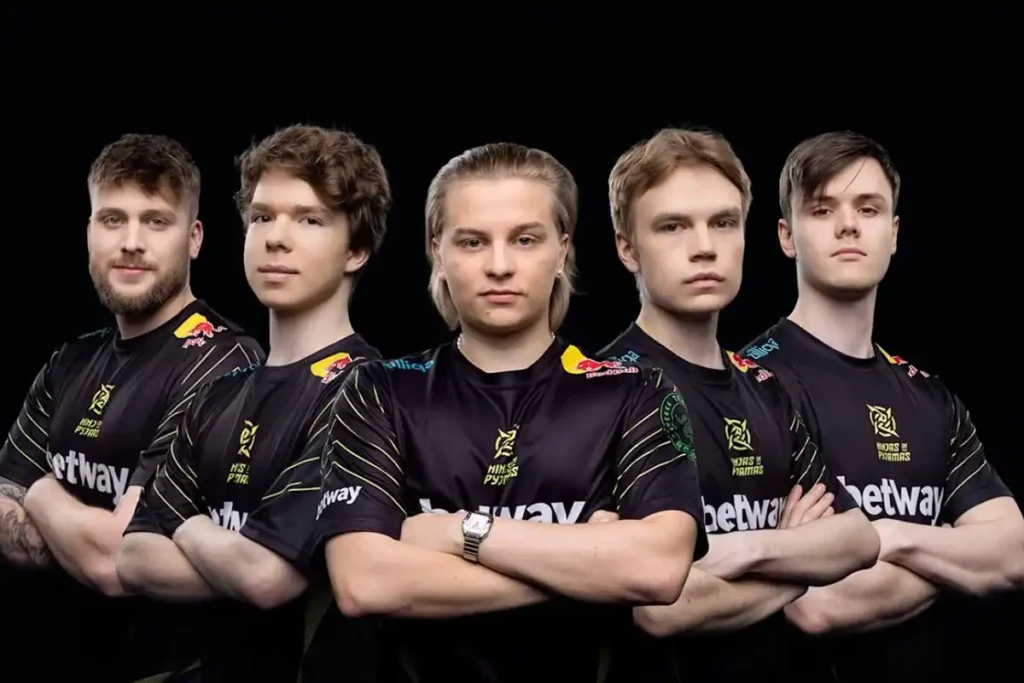
When considering the esports country ranking, when it comes to games like Counter-Strike 2, Sweden leads the charge. Legendary teams like Fnatic and Ninjas in Pyjamas helped define competitive FPS play, making the country a historic cornerstone of esports. Sweden is proof that you don’t need to dominate the largest games—excelling in iconic titles is enough to leave a mark.
Brazil
Home to legendary teams like FURIA, Imperial, and LOUD, Brazil has a strong competitive scene and regularly produces world-class talent.
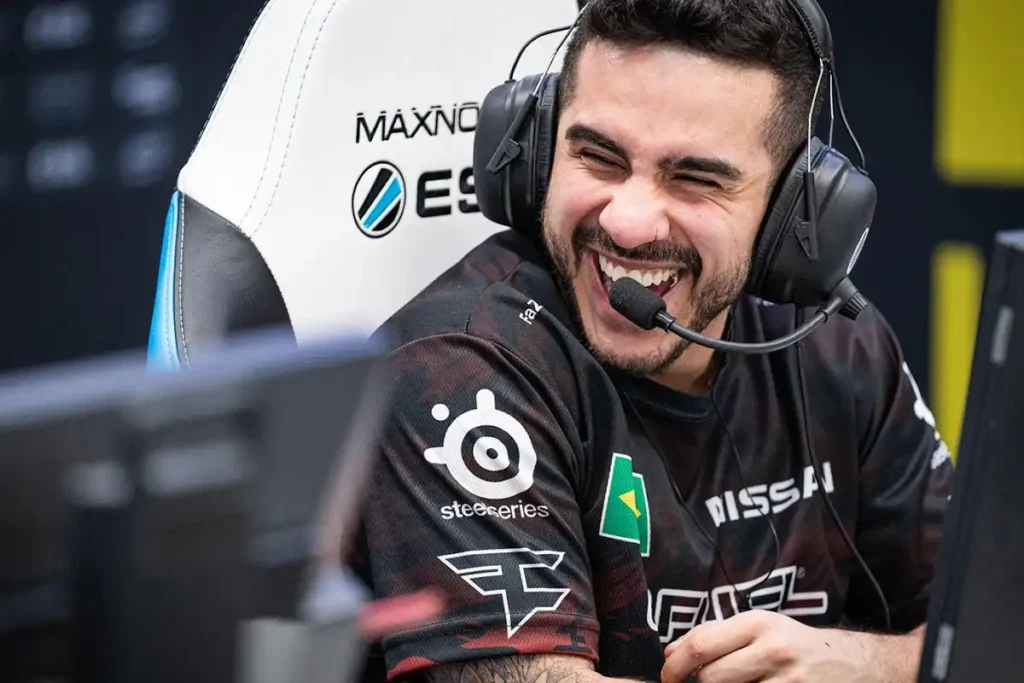
Brazil is quickly becoming a force to be reckoned with, particularly in games like CS2 and Free Fire. With players like Coldzera revolutionizing FPS tactics, the Brazilian eSports scene has exploded in both numbers and popularity. Their vibrant fanbase and celebratory esports culture make them a standout in global competitions.
Denmark
With a thriving competitive scene, Denmark has consistently been at the forefront of global esports dominance.
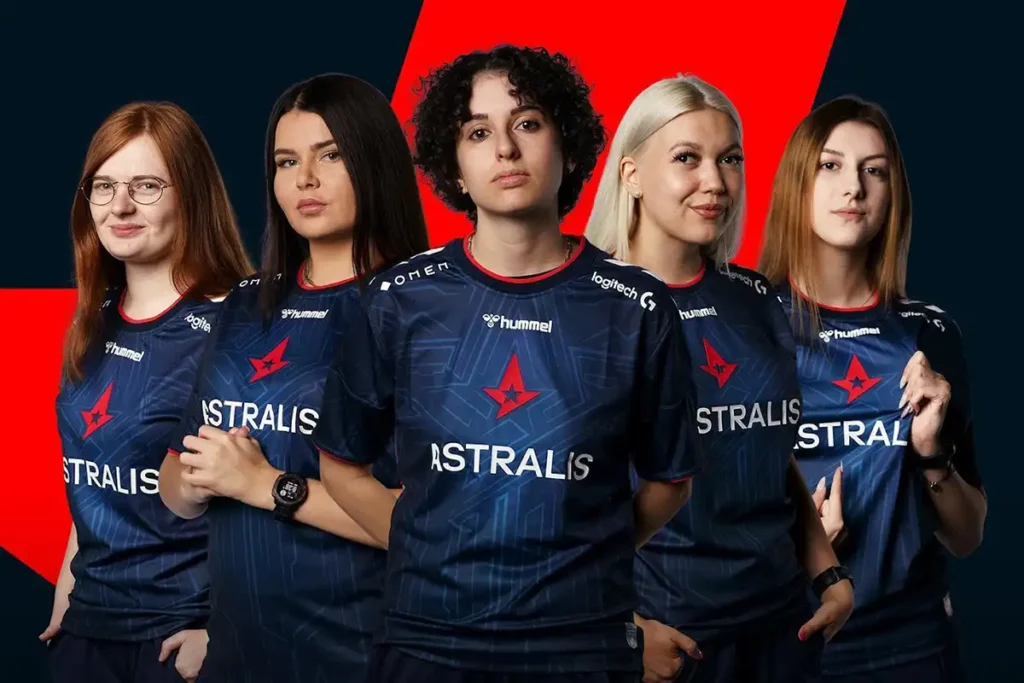
The Danish esports scene might not be as widely known as South Korea or the US, but it’s incredibly impressive in strategy-heavy games. Denmark is home to standout teams like Astralis, which completely dominated the CS:GO scene for years. The country’s systematic approach to esports has earned it high regard worldwide.
Russia
With a deep talent pool and passionate fanbase, Russia has produced some of the best pro players, consistently competing at the highest level in international tournaments.
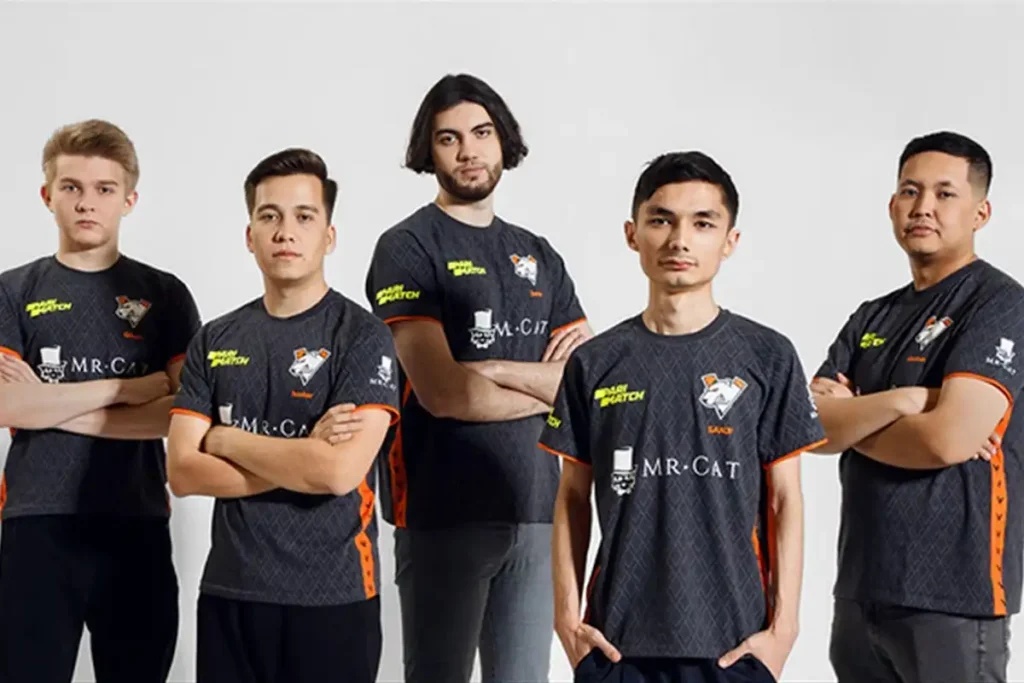
In terms of the esports country ranking, Russia has built an impressive reputation in games like Dota 2 and Counter-Strike 2. With players like Solo and teams such as Virtus.pro, Russia consistently challenges top-ranked countries in global tournaments and boasts a highly competitive scene.
Germany
With strong infrastructure and events like ESL One Cologne, Germany plays a key role in shaping the global esports industry.
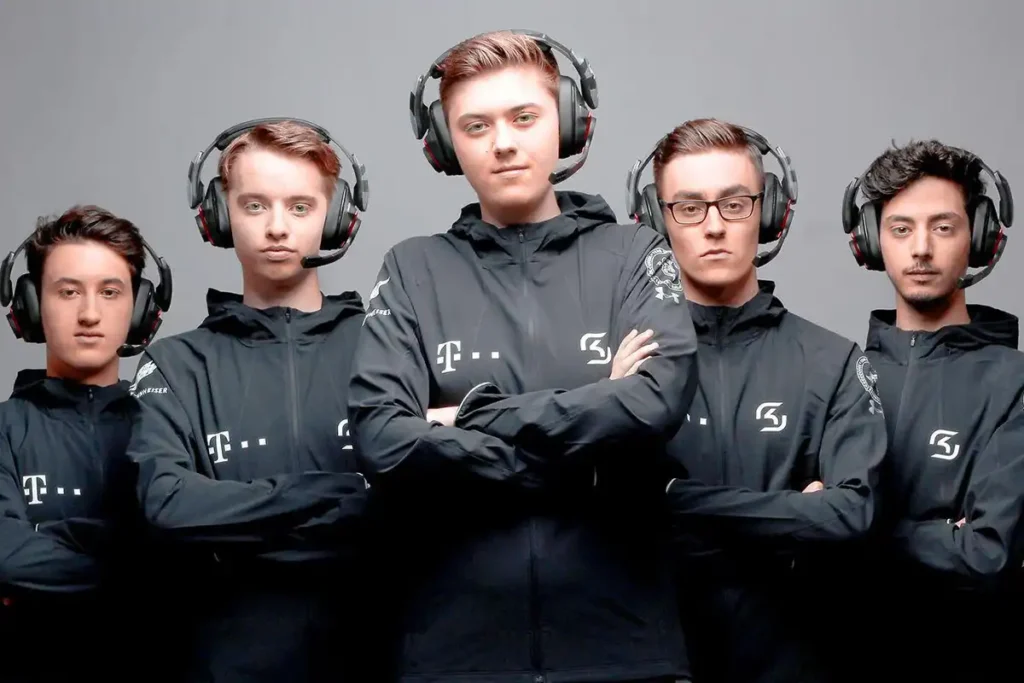
Germany is well-known for tactical and strategic gameplay, excelling in games like Rainbow Six Siege and FIFA. Their esports organizations like BIG (CS2) and top FIFA players have cemented Germany’s reputation on the esports stage, often competing at the top level.
Japan
With increasing government support and events like EVO Japan, Japan is expanding its competitive scene beyond traditional console gaming.
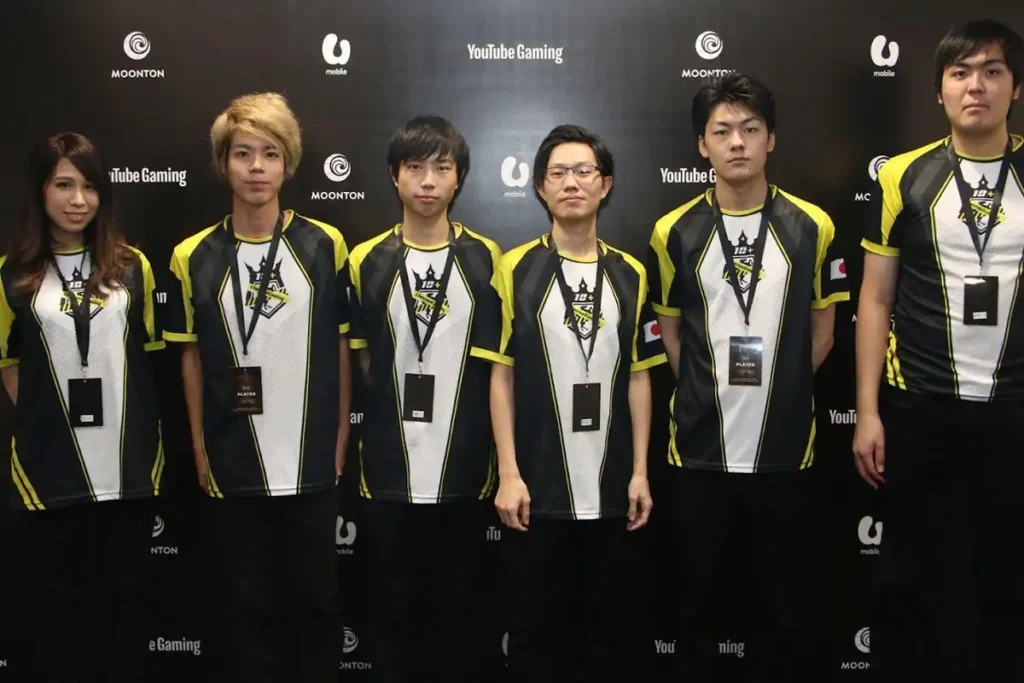
While often associated with console esports (think Street Fighter and other fighting games), Japan has taken strides to grow its competitive PC gaming scene. With developers like Capcom at the helm, the fighting game community thrives here, proving that Japan remains influential in the esports world.
Philippines
With teams like Blacklist International and TNC Predator, the country has made a strong impact on the global esports stage, especially in Southeast Asia.

Regarding the esports country ranking, with the rise of Mobile Legends: Bang Bang, the Philippines is a shining example of how mobile esports can dominate a region. The passionate community there fuels the country’s fast rise on the international stage, and it’s becoming a staple in international mobile gaming tournaments.
The Fastest Growing Esports Nations
While countries like South Korea and the US hold their thrones, certain nations are gaining ground fast:
- Vietnam is flourishing in games like Mobile Legends and PUBG Mobile, nurturing massive communities and impressive players.
- India’s booming mobile gaming scene is bringing fresh talent to global tournaments with games like BGMI.
- Turkey has established itself in the professional esports arena, especially in games like League of Legends.
These countries are ones to watch as esports continues its rapid global expansion!
Empowering Global Esports Communities
As highlighted by the fierce competition between nations in the esports rankings, success in competitive gaming hinges on robust infrastructure, passionate communities, and support systems designed to elevate talent. Tournova aligns with this vision by providing a comprehensive platform for players, organizers, and developers to engage in diverse, inclusive, and dynamic tournaments. Just as countries like South Korea leverage disciplined systems to shape world-class players, our platform uses its token economy, intuitive tools, and seamless integration with Telegram and Discord to foster professional and casual esports ecosystems alike.
Tournova has a Telegram Mini App, enabling gamers to monetize their skills through various tournaments and challenges
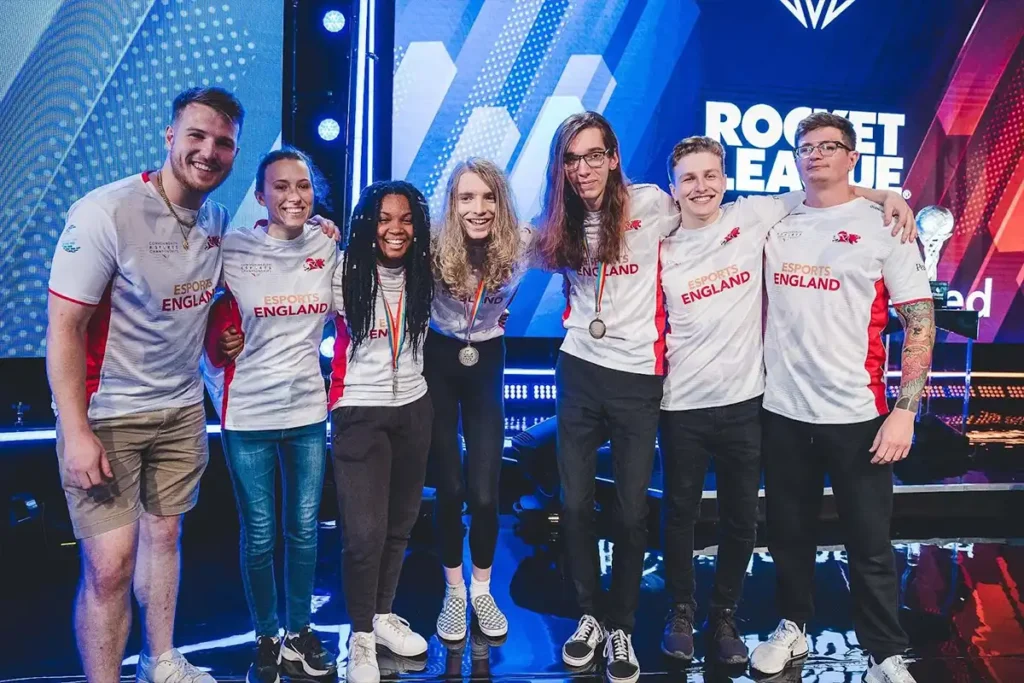
As seen in the esports country ranking, global esports leaders invest in their infrastructure to cultivate top-tier talent and thriving communities—an approach mirrored in our platform’s dedication to accessibility and innovation. By enabling customized tournament models, simplifying management processes, and supporting a broad spectrum of games and audience types, the platform empowers individuals and organizations to contribute to the growing eSports industry. Whether nurturing grassroots talent or organizing competitive events, our platform bridges the gap between emerging and established gaming cultures, helping to level the playing field in the ever-expanding world of digital competitions.
Conclusion
As evidenced by the esports country ranking, esports has grown from a niche hobby into an international powerhouse industry, and the competition between nations is fiercer than ever. From the discipline of South Korea to the massive infrastructure of the United States, the diversity in esports excellence is staggering. As new nations step up and long-time leaders evolve, the global landscape of competitive gaming shows no signs of slowing down.
FAQ
How does a country’s esports infrastructure affect rankings?
A strong infrastructure provides a foundation for professional gaming, including training facilities, sponsorship opportunities, and tournaments, all of which heavily influence rankings.
Which country invests the most in esports?
Countries like South Korea, the United States, and China lead in terms of investments, building state-of-the-art arenas and esports academies.
What role does mobile gaming play in esports rankings?
Mobile gaming has elevated countries like the Philippines, India, and Brazil due to their strength in titles like Mobile Legends, Free Fire, and PUBG Mobile.
Why is the number of pro players important for rankings?
A higher number of pros indicates a country’s ability to nurture talent and train individuals who consistently compete at global levels.





